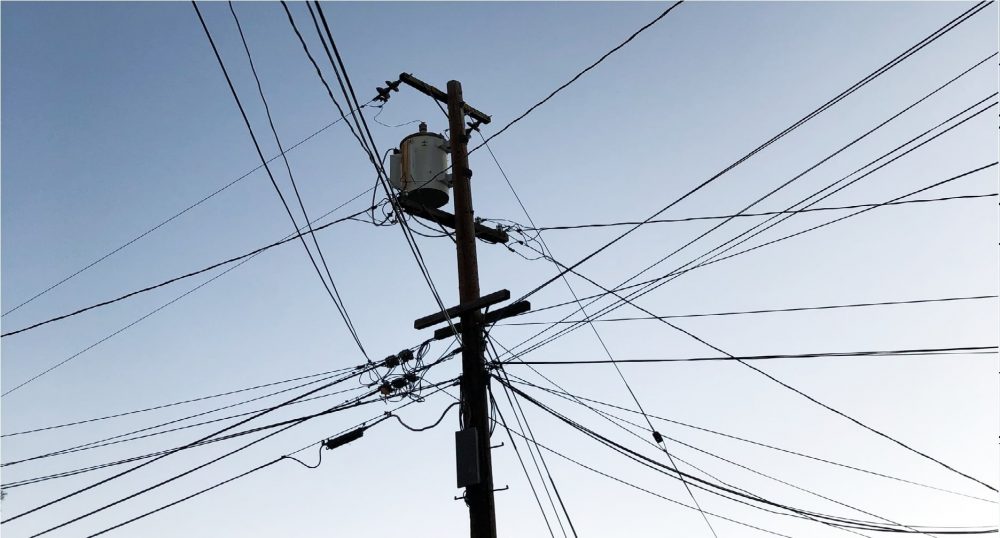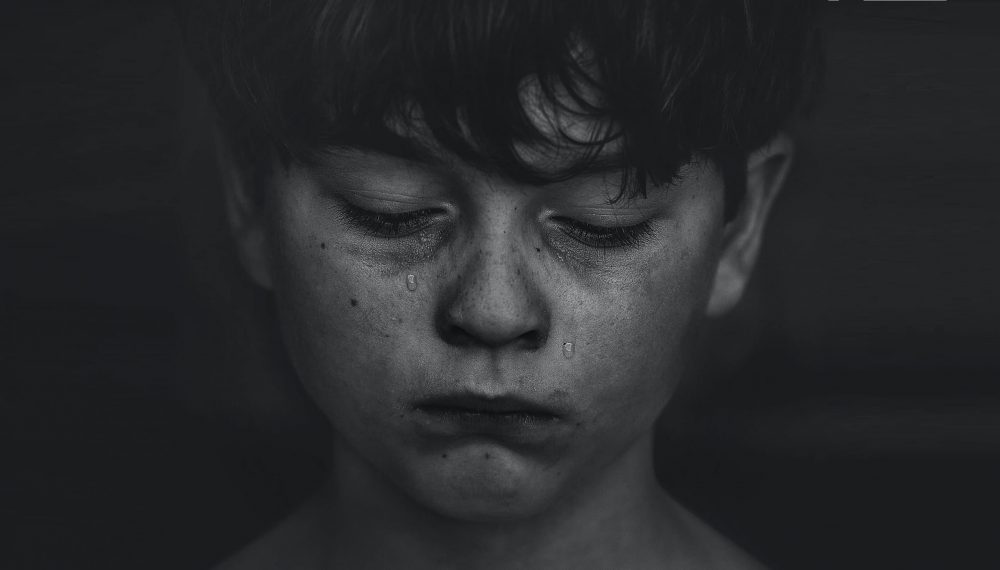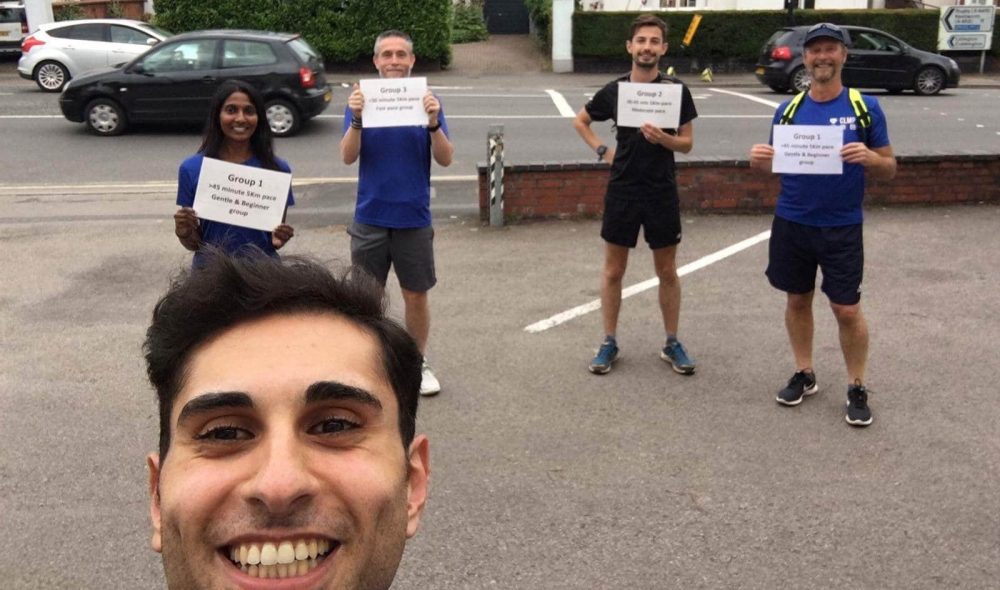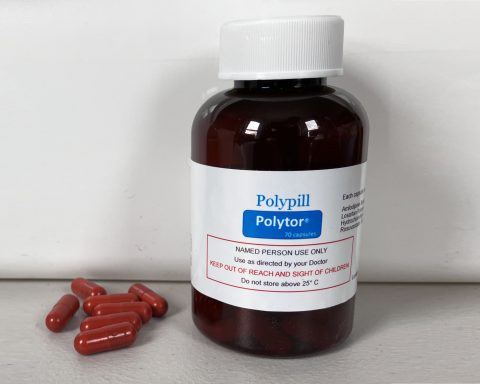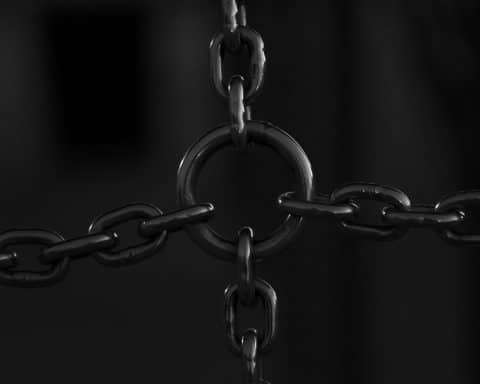
In this morning’s surgery I was very relieved to see two patients face-to-face.
The first I have known for 20 years. Despite lockdown she was bright eyed and her clothes colourful. She wore perfume, make-up and from her demeanour I could tell straightaway that her new marriage was suiting her well. My examination was reassuring to her and we chatted and laughed together.
The second patient I also knew well but had not seen for 18 months. The change in her was shocking. She was stooped, her hair was unkempt and her clothes were stained and scruffy. She looked diminished. Lockdown and shielding was taking its toll. Her symptoms were more concerning given her obvious weight loss and pallor. All of this information I gathered within moments, built on the memories I had from previous consultations and her life stories that I knew well.
She was stooped, her hair was unkempt and her clothes were stained and scruffy.
The rest of my surgery was spent on telephone consultations.
Over recent months I have spoken to many patients on more than one occasion. Voices carry emotion but do not enable you to form the same memories. I struggle to recall their previous story and to judge if they are improving or deteriorating. Facial expressions, clothes and body language help you remember their stories. I now depend more on the medical record for cues and details of past history. Reassuring a patient is also harder and judging the words that will reassure does not come as naturally. Most of all I miss the chat, banter and laughter that previously helped wrap up a consultation and somehow cemented their stories in my memory bank. It doesn’t flow easily on the phone and can seem more contrived, though I am working hard to introduce it into each phone call.
Telephone encounters may be more efficient … but … inferior [to sharing] words and emotions face to face.
I am approaching retirement after 30 years as a GP and I feel lucky that for the majority of my career I was able to consult with patients face-to-face. I have a wonderful wealth of knowledge and memories about so many patients that cannot be found in the medical record. I feel concerned for the future generations of GPs who have to make challenging and complicated decisions on the telephone. I encourage others to bring a patient into the surgery if there is uncertainty, and I hope there will be a shift back towards seeing more patients in person.
Telephone encounters may be more efficient and safer during the pandemic but, I believe they are very inferior to the interaction that occurs when you are able to share words and emotions face to face and hence form lasting memories.
Featured photo by Giorgio Trovato on Unsplash

